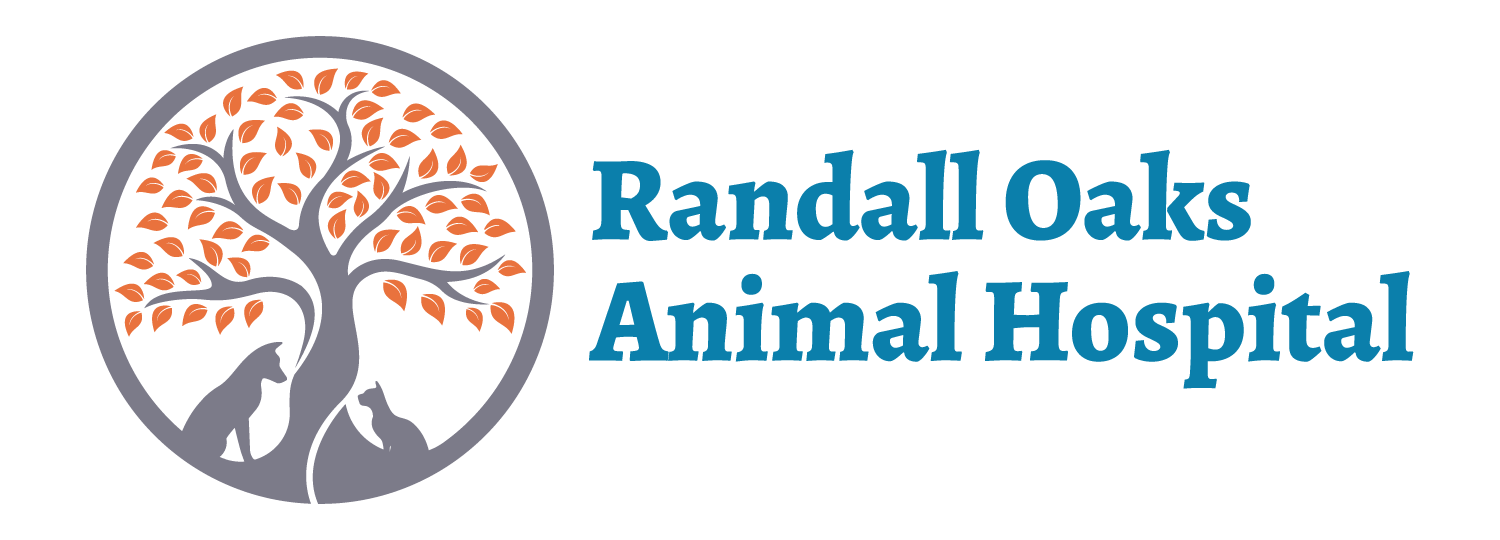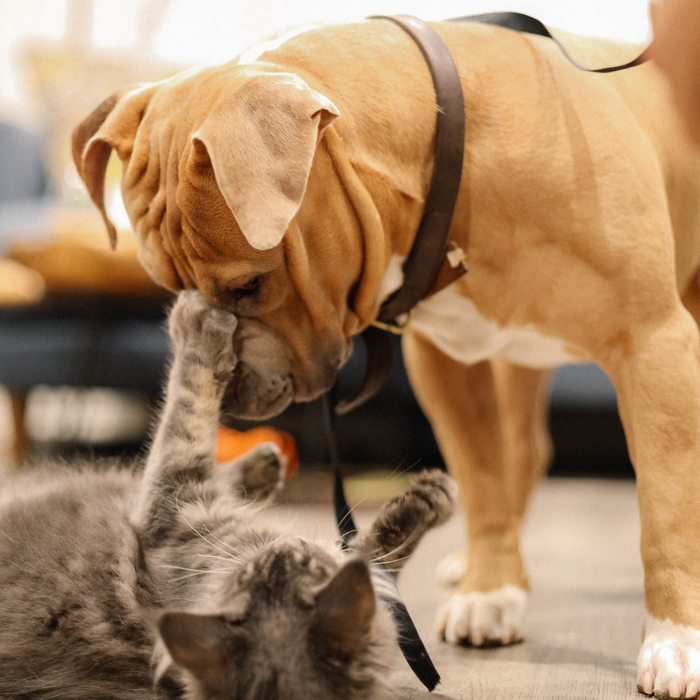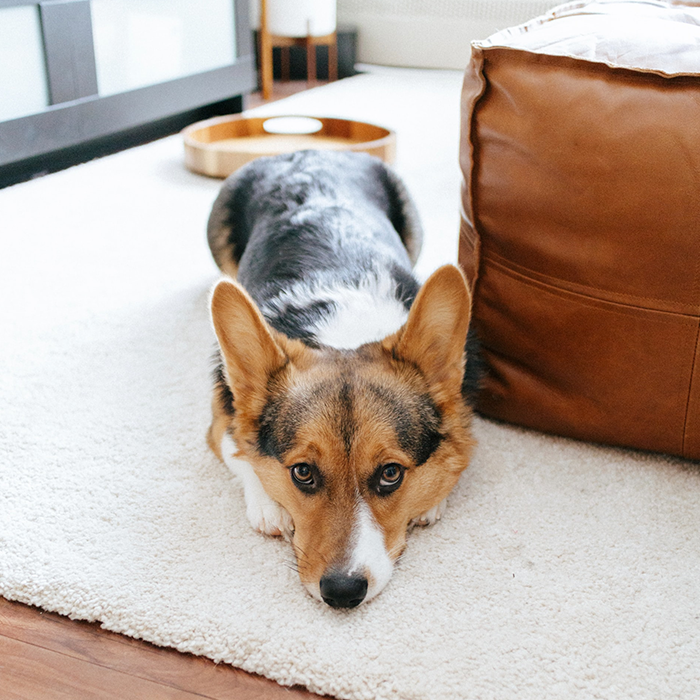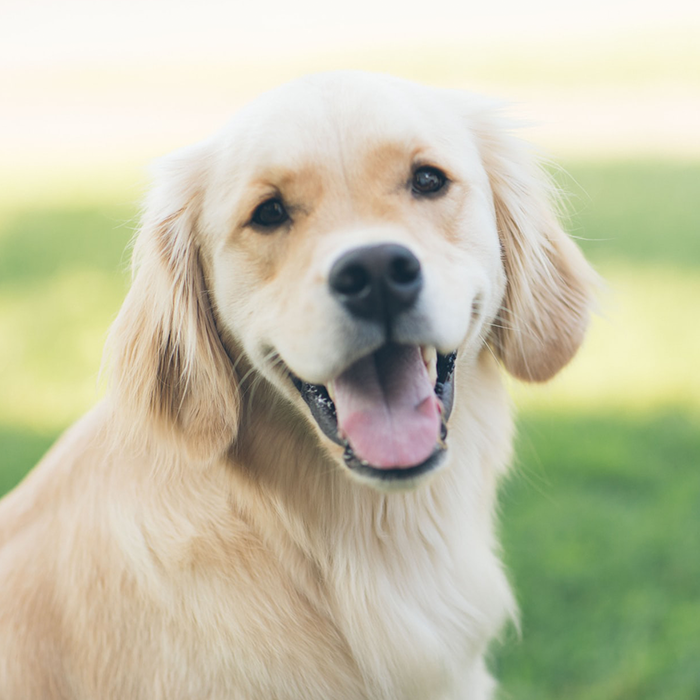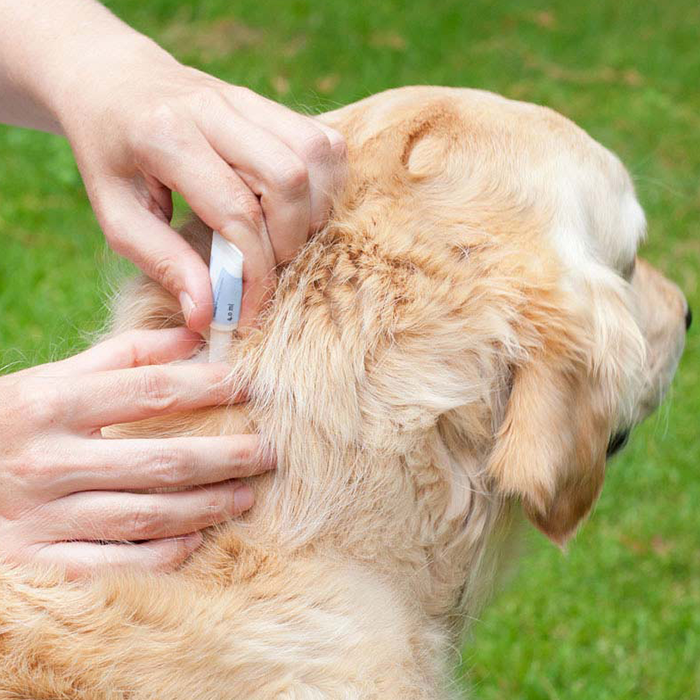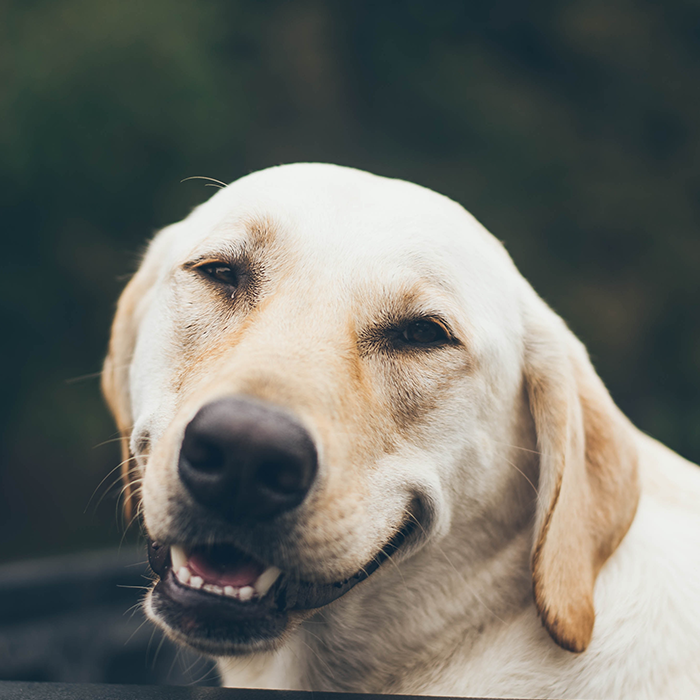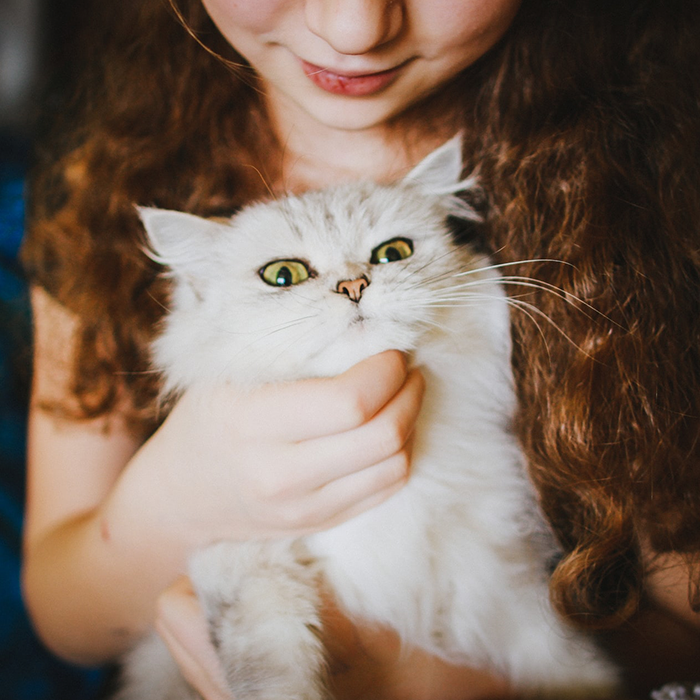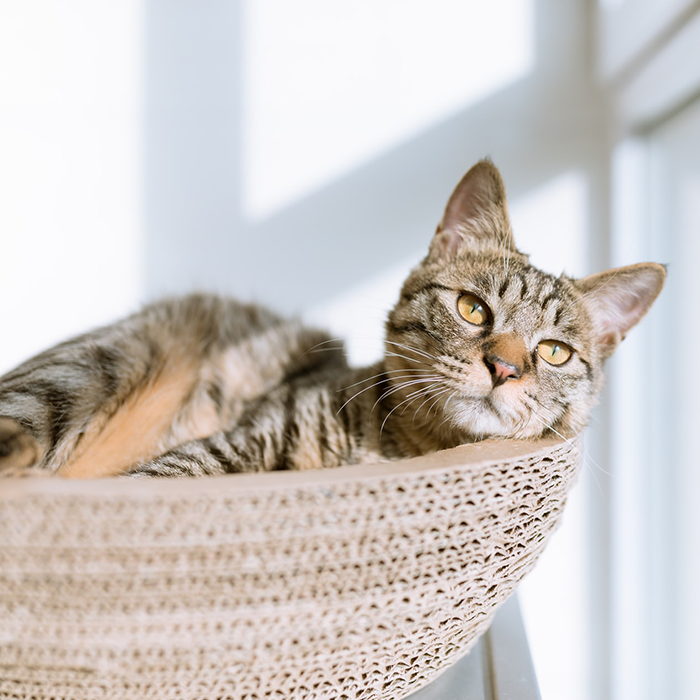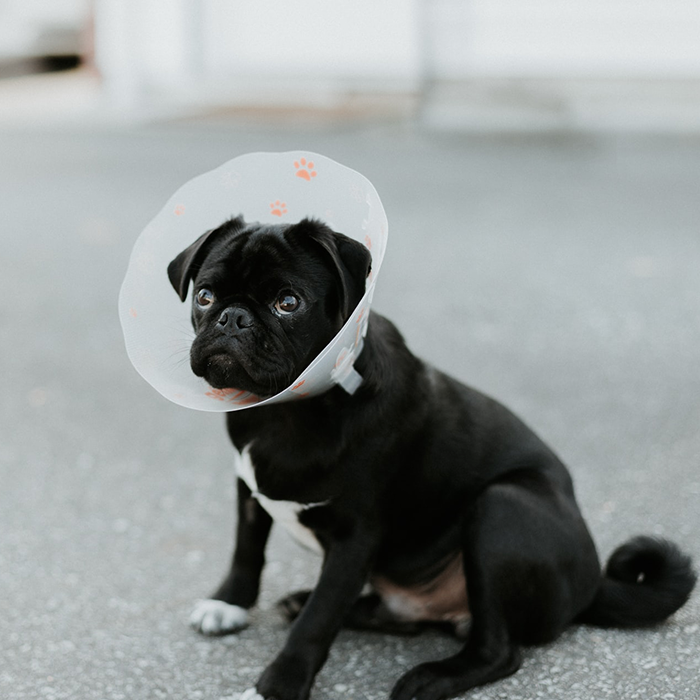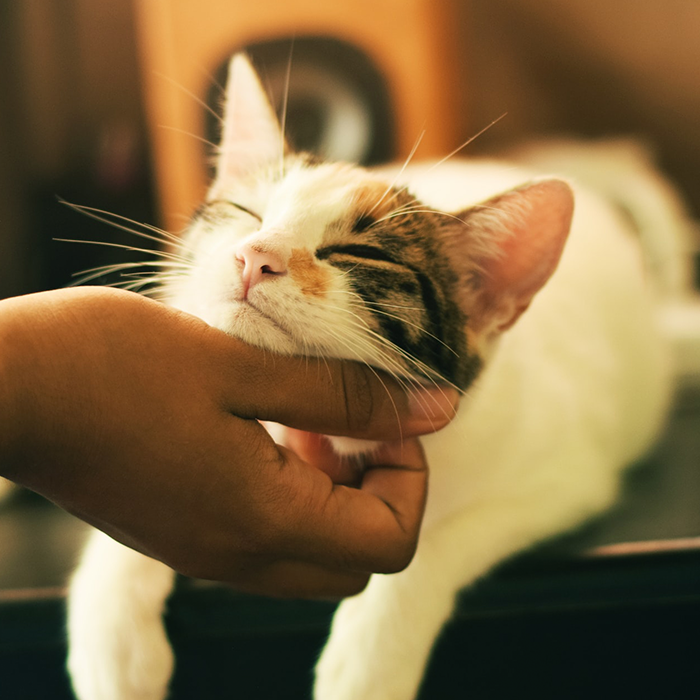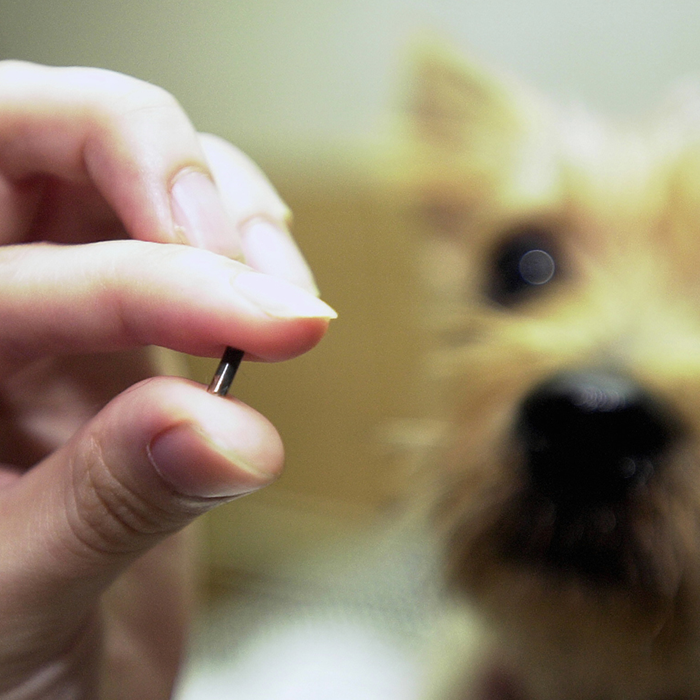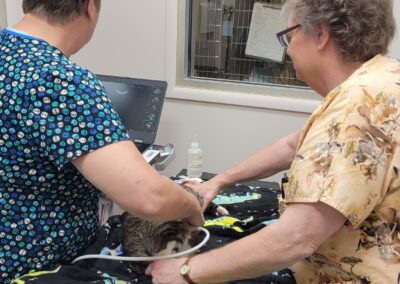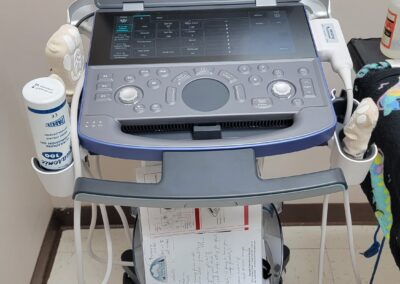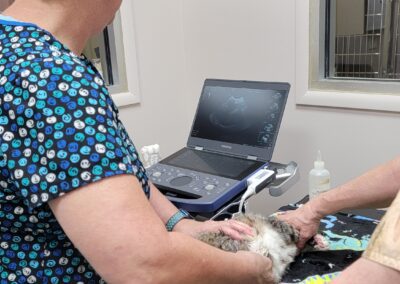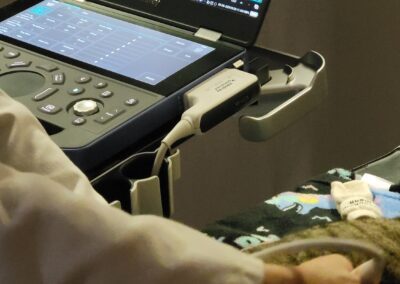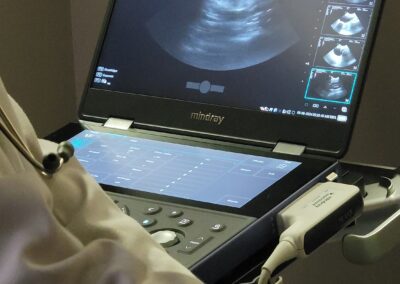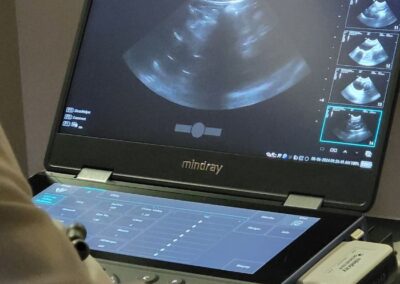Veterinary Services
At Randall Oaks Animal Hospital, you can trust that your pets are in great hands. Our compassionate, skillful veterinary staff are here to help when you need us most. We look forward to seeing you soon!
Our Veterinary Services
Randall Oaks Animal Hospital offers a wide range of veterinary services for our patients. Just a few of our wellness and preventive care services are listed below. For more information on these or other services, please call (847) 428-8430.
Pet Puppy & Kitten Care
Getting your new puppy or kitten off to a healthy start sets the stage for their lives as healthy adults. Regular physical examinations, core and elective vaccinations, fecal testing for parasites, and deworming are all important elements of ensuring good health for your puppy or kitten. Our knowledgeable staff can help your family learn about potty training your pup, performing nail trims on your puppy or kitten, dietary recommendations, and potential health hazards for your new pet.
Spaying and neutering are additional topics to consider; the appropriate age for the timing of sterilization surgery may vary upon the species and breed of your pet. You may also want to consider Pet Health Insurance – a great way to get your new little family member off to a good start. Last but not least, you’ll also want to consider whether your new puppy or kitten may need preventives such as monthly heartworm prevention, and flea/tick preventives. We realize that adding a new family pet can come with lots of questions… but don’t forget, we’re here to help, so please don’t hesitate to call.
Pet Wellness Care
Preventive veterinary care is the cornerstone of keeping your pet their healthiest so that you and your pet can have more great years together. Since pets age more quickly than people do, it is critical to have regular physical examinations done to assess your pet’s health. During routine preventive exams, your veterinarian will assess:
- Overall Body Condition
- Eyes
- Ears
- Nose
- Mouth
- Throat
- Heart and Lungs
- Abdominal Organs
- Musculoskeletal System
- Neurologic System
- Urogenital System
- Lymph Nodes
- Skin/Coat
When health problems are identified, a medical plan will be outlined to evaluate the problems in depth. If your pet appears to be healthy enough for routine preventive care, your veterinarian will discuss which immunizations are advised, as well as parasite prevention including heartworm disease, intestinal parasites, and ectoparasites (fleas, ticks, etc.). Annual age-appropriate lab tests, testing for heartworm and/or tick-borne diseases, and fecal tests for parasites may also be recommended for your pet. Finally, your pet’s nutrition, diet, and exercise routines can be assessed and optimized to help your pet be in best physical condition for their lifestyle and age. Remember, keeping up with preventive care for your pet is the best way to keep your pet happy and healthy for life.
Pet Dental Care
One of the most common but also frequently overlooked health problems for companion animals is dental disease. By age 3, most pets have some degree of periodontal disease. This occurs as a result of bacterial infection along the gum line, due to the formation of plaque. Plaque is a sticky substance containing millions of bacteria that forms along the tooth surface and gum line. Without frequent removal, plaque eventually hardens into tartar. Left untreated, this leads to gradual destruction of the gum tissue and supportive structures around the teeth, which can result in tooth loss. Not only is periodontal disease harmful and painful because it results in loss of teeth, but it can also cause damage to important vital organs such as the:
- Heart
- Liver
- Lungs
- Kidneys
When it comes to dental disease, most pet owners don’t realize the extent of the problem until it is quite advanced; hence the importance of yearly to twice yearly physical examinations including a thorough oral health care assessment. In the early stages of dental disease, your veterinarian can recommend home dental health care measures such as tooth brushing, dental treats and rinses, and dental diets. When professional dental care is needed for your pet, general anesthesia is necessary. Your veterinarian will discuss the procedures involved in a COHAT (comprehensive oral health assessment and treatment) plan with you when dental care is needed. Most often, this will involve a day at the veterinary hospital to plan and perform the procedures, which may include doing:
- Pre-Operative Lab Work
- IV Catheterization
- General Anesthesia
- Dental X-Rays
- Teeth Cleaning and Polishing
- Dental Charting
- Extractions when indicated
Upon discharge, the veterinary team will review any instructions pertaining to post-dental medications, special feeding instructions, and when to resume home dental care. Your pet will thank you for remembering to take care of his or her mouth, and live a longer and happier life as a result.
